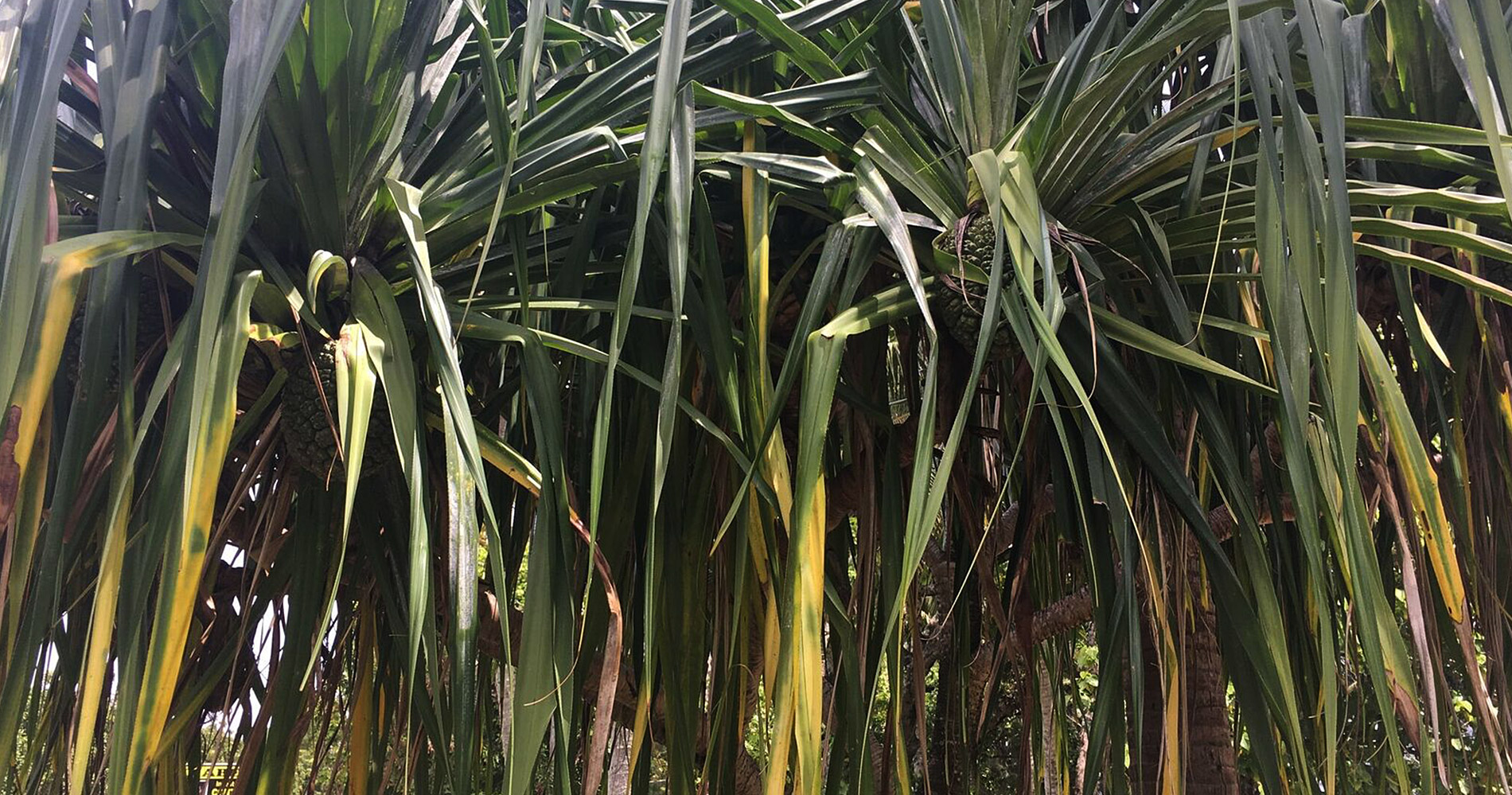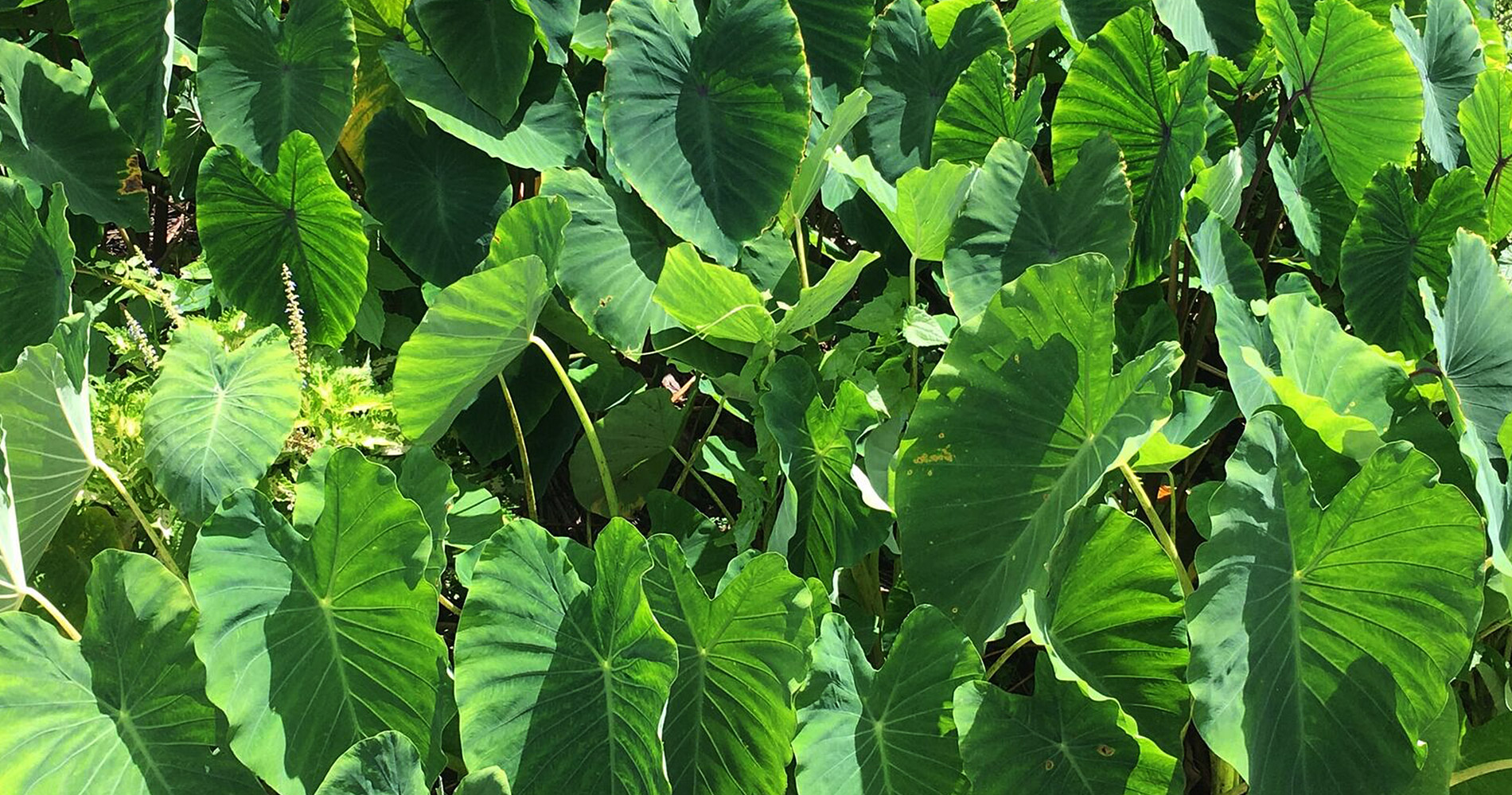pongi Pronunciation
1. (v.i.) Hungry, hunger. 'E māmā, kua pongi au. Mother, I'm hungry; Kua mate 'aia i te pongi. He is feeling hungry; i tōna pongi'anga, kua kake 'aia i te nū ē kua kai. When he was hungry, he climed up for some coconuts and ate them. (See 'akapongi, tāpongi,('aka-,tā)matepongi.) .
matepongi Pronunciation
1. Feel hungry, hunger. Mē matepongi koe, e ‘aere mai ki te kāinga nei kaikai ei. When you get hungry, come home here and eat; Kua ‘oki vave au ki te kāinga nō te matepongi. I went home early because I was hungry. [mate, pongi1.].
‘akamatepongi
1. (caus.) matepongi. Become hungry. Kua 'akamatepongi rātou i tō rātou kite atu'anga i te kai mānea i runga i te kaingakāI. They became hungry when they saw the nice on the table.
‘iakai Pronunciation
1. Feel hungry (dialectal). (See ‘ia-2, kai1, cf. Rar. Matepongi.).
tāpongi Pronunciation
1. Keep somebody hungry. Nā'ai 'oki koe i tāpongi? Who's been starving you? Kāre au e 'inangaro i te tāpongi iā koe. I don’t want to keep you hungry.
areare
1. (v.) to be clear (of water), be nothing within. (Ant. nehu.) tī areare very weak tea (for small kids). (Ant. tī māmā, tī pakari.) vai areare clear water, water with nothing mixed in. kua areare te vai. The water is clear. e areare tikāi te tai. The sea is really clear. ua areare (*tikāi) te tai. The sea is clear. e areare tikāi tēia manongi. This scented oil is very clear/ transparent. e areare tikāi toku manava. My stomach is really vacant. (I am very hungry).
‘ape‘ape Pronunciation
1. ‘ape2. Bother, fret, complain peevishly. 'E a'a te 'ape'ape? What's the bother?; Kua 'ape'ape te pēpe nō te pongi. The baby fretted because it was hungry; ‘E tangata ‘ape‘ape tika ai ‘aia. He’s a dreadful bother; Kua tārekareka ‘aia i te pēpe i te ‘ape‘ape‘anga. He kept the baby happy when it was fretful; Auē ‘ape‘ape, to cry fretfully, snivel. [‘ape2 RR.].
āru Pronunciation
1. Accompany, go with (sbdy), travel on (a ship, bus, etc.). ‘Auraka e āru mai iāku, kā mate koe i te pongi. Don’t come with me, you‘ll get hungry; Kāre au e tae i te āru ia rātou, kā riri taku pāpā. I can't go with them , my father would be angry; Mē kua āru mai taku tamaiti i teia pa 'ī? I wonder if my son is on this ship?; 'Ē rua ōku āru'anga i te pa'ī ki Ma'uke. Twice I’ve been to Ma‘uke on the ship.
2. Pursue, follow. Ka ārua koe e te ‘akavā mē ‘aka‘oro viviki koe. The police will follow you if you drive quickly; kua āru ‘aia i te ana ki te ‘openga. He followed the cave to the end; Kua āru ‘aia i te rua tapuae o tōna metua. He followed in his father’s footsteps; Ka āru au i tāna ako. I shall follow his advice; e aru i te mataara, follow the road; E āru i te ‘akakite‘anga, follow the instructions; Kāre tōku manako e āru ki tē reira parāni. I don’t go along with that plan. ‘Āru rāvenga, imitate, copy. ‘E tangata āru rāvenga tika ai koe. You‘re a proper copycat. [aru rR.].
aueuē Pronunciation
1. Cry, howl, etc. Kua aueuē te pēpe, kua mate pa'a i te onge. The baby cried from time to time, perhaps she's hungry; E puakaoa aueuē tika ai tā'au. Your puppy whimpers a lot; I rongo ana au i te aueuē kiore toka inapō. I kept hearing the rats squeaking last night. [auē Rr.].
mate Pronunciation
1. Die, dead, death; fatal, mortal. Kia kore e mate te akarongo iaia, kia rauka ra te ora mutu kore, that those who believe in him should not die, but receive everlasting life (John 3.16); Kā mate taku pū kuru. My breadfruit tree is going to die; Mē kā mate ia tātou te atua o te mate, when we kill the god of death; E utunga te mate no te ara. The wages of sin is death (Rom. 6.23); .
2. imortal. E teianei kopapa mate ua ei kopapa mate kore.And this mortal body become an immortal body (1 Cor. 15.54) .
3. fatal. ‘E puta mate, a fatal wound. ‘E topa mate, a fatal fall. Pi‘a tangata mate, coffin. Te utunga mate, the death penalty.
4. (a) Numb, without feeling. Kua mate tōku rima. My arm is numb. (b) Not running, dried up (of flow); out, low (of the tide). Kua mate te vai i roto i te paipa. There is no water in the taps, the water is off; Kua mate te vai i raro i te kauvai. The stream has dried up; I te mate‘anga te tai, when the tide was low; ‘E tai mate tēia. It is low tide, the tide is out. (c) Off, out (of a light or fire). Kua mate te a‘i. The fire is out, (or) the light is off; I te mate‘anga te a‘i, when the light went out. (d) Stopped, not working (of any mechanism). Kua mate te ora. The clock has stopped; Kua mate te rātio. The radio is off; Kua ‘ōpara ‘aia i tōna mōtokā ki te pae i te mataara i te mate‘anga te matīni. He pushed his car to the side of the road when the engine stopped. (e) Out of play (of ball). E tu‘e koe i te pōro ki va‘o kia mate. Kick the ball out of play; Kua ‘akatangi au i te pu‘i nō tei mate te pōro. I blew the whistle because the ball was dead.
5. (a) Be defeated, lose. Kua mate tō mātou pupu i tō rātou i tēia tu‘e-‘anga i topa ake nei. Our team lost to theirs in the last match; Kā mate ‘aia i te ture. He will lose his case. (b) Fail, come to naught, flop. Kua mate tōku ‘akakoro-‘anga. My plans came to naught. (c) Be dismissed (of batsman), dismissal. Kua mate te tangata pā. The batsman is out; ‘e mate kapo tōna. He was out caught.
6. Suffer (any oppressive physical or mental condition, e.g. Hunger, thirst, misfortune, danger, intense desire); oppressive, calamitous; suffering, affliction, calamity. Kua auē te pēpe i te mate‘anga i te pongi. The baby cried when it got hungry; Kua mate au i te kakī vai. I‘m awfully thirsty; Kā mate te vaka i roto i te ‘are, kā mate katoa te vaka i te moana. If the canoe suffers a mishap in the shed, it will suffer a mishap in the ocean, too; mate i te kata, die with laughing, split one’s sides; Kua mate ‘aia i te ‘inangaro i tērā pona. She’s dying to have that dress; ‘E mate tika ai te mataara e tae ei ki runga i tērā maunga. It is a very dangerous path up that mountain; Te ‘anga‘anga mate, exhausting work; te mate i te etene, te mate i roto i te oire, te mate i te medebara, danger from the heathen, danger in the cities, danger in the wilderness (2 Cor. 11.26) E akara mai koe I toku mate e toku mamae. Look upon my suffering and my pain. (See ‘akamate)mate), māmamate, māmate, (mate)matenga, matemate, (tā-)matepongi, tāmate(mate).) [Pn. *mate.].
ngēngē Pronunciation
1. (v.i.,fq.) Nge1. Swollen and inflamed. Kua ngēngē tōna mata i te auē'anga i tōna ngā metua. Her eyes were swollen from weeping for her parents. [ngē1 RR.] .
2. (v.i.,fq.) vNge2. Squeal, groan. Kua ngēngē te au puaka matepongi. The hungry pigs squealed. [ngē2 RR.] .
paroro Pronunciation
1. (Be) winter, the cold months (when food crops were scarce). Te tuatau tanumanga, e te kotikotianga, te anu e te pukakā, te akaū, e te paroro, te po, e te ao, time of planting and of reaping, cold and heat, summer and winter (or glut and shortage), night and day.
2. [Ta. *paroro.].
3. Barren, unproductive and not bearing crops (of the land), famine-stricken, dearth, shortage, lean times. When there was a glut, they stored up food for lean times; Kua onge te tangata i te paroro‘anga te ‘enua. People went hungry when there was famine in the land.
pū‘angi
1. Waft (of, or on, the wind). Kā mate te mōrī mē pū'angi mai te matangi nā roto i tēnā māramarama. The lamp will go out when a draught comes in through the window; Kua pū'angi mai te 'aunga o te kai e kua kakī raua. The smell of the food wafted up and they felt hungry. Pū‘angi matangi, current of air, puff of wind. (See ‘akapū‘angi, pū‘angi‘angi.) [pu, -angi1.].
ramarama Pronunciation
1. ( - 'ia, ramaramā ' ia), fq. Rama2. (Go fishing with torches or lights. 'Aere mai, ka 'aere taua ka ramarama māroro. Come on, let's go out torch fishing for flying fish; 'Aere ramaramā 'ia mai tēta'i manini, 'e pongi. Go out with a torch and get some manini fish, I‘m hungry.
onge Pronunciation
1. (v.i.) Be short of (sthg), lack (esp. food), be in a state of famine. Kua onge te 'enua i te 'ava'ava i te tuātau tamaki. The island was without (or short of) tobacco during the wartime; 'Ē rua marama i tō mātou onge'anga i te vai. We were short of water for two months; Ko te 'enua onge putuputu tēia i te kai papa'ā. This island often runs out of imported food; Kua onge kōrua? Are you two hungry? n. Famine, dearth, shortage. Kua roko'ia taua 'enuā ra e te onge ma'ata. The land was overtaken by a great famine. (See 'akaonge, tāonge.) [*hoŋe.] .
tāmatepongi Pronunciation
1. Starve (tr.). ‘Apaina tēnā tamaiti ki te kāinga kia kaikai, ‘auraka koe e tāmatepongi iāia. Take that child home for something to eat, don’t keep him hungry..

